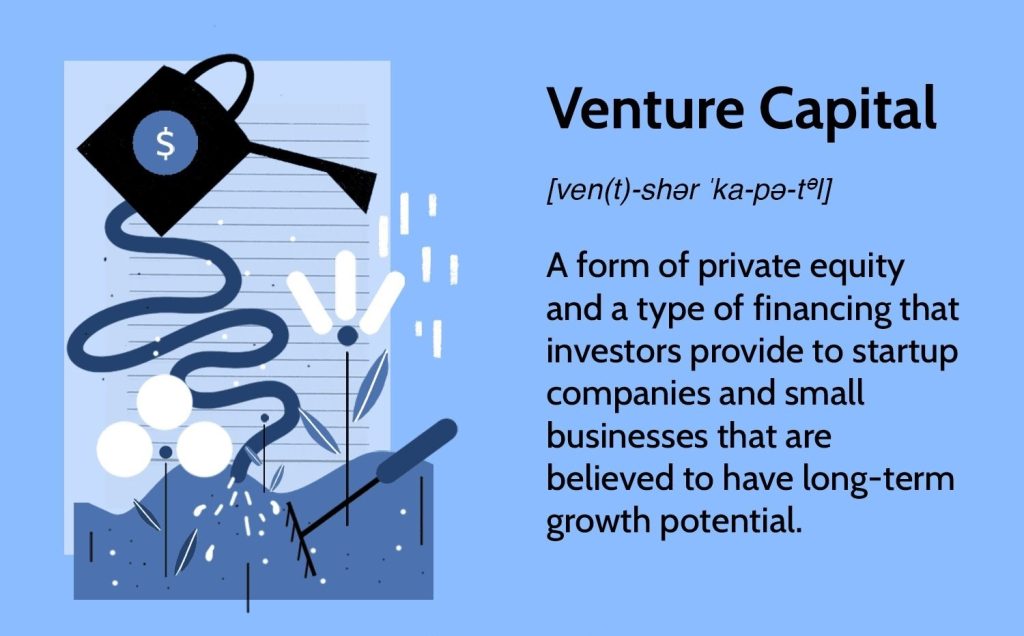
Venture Capital Challenges: Identifying and mitigating risks in early-stage business investments is paramount for successful venture capital firms. This article delves into the intricate challenges faced by venture capitalists, providing actionable insights and strategies for assessing risks in early-stage business investments. The initial section will define venture capital, highlight typical challenges, and discuss the solutions provided in this piece. Following sections will break down the intricacies of risk assessment, encompassing due diligence processes, market analysis, and financial modeling. We will analyze various strategies and offer illustrative examples to help clarify these points. This comprehensive guide will conclude with actionable steps and further resources.
Defining Venture Capital and Its Role in Early-Stage Investments
Understanding the Venture Capital Landscape
Venture capital (VC) represents investments in startups and early-stage companies with high growth potential but also high inherent risks. VC firms act as catalysts for innovation, providing capital and expertise to promising ventures. They typically look for companies demonstrating strong business models, experienced leadership teams, and clear market opportunities. However, this is not without inherent challenges.
Challenges Faced by VC Firms
Venture capital investing presents numerous challenges, including the difficulty of identifying truly promising ventures amongst a plethora of potential investments, the risk of significant losses in startups that fail, and the fluctuating nature of market dynamics. A key challenge is aligning investment strategies with the evolving needs and demands of startups. The constant changes in technology, competition, and market preferences require flexibility and adaptive strategies.
Assessing Market Risks and Opportunities
Evaluating Market Trends and Competition
Thorough market research is essential to assess risks. VC firms must conduct detailed analysis of the target market, including its size, growth potential, and competitive landscape. By understanding market trends and competitive forces, venture capitalists can identify potential threats and opportunities. Examining existing competitors and innovative market strategies is essential. The ability to discern and anticipate upcoming market disruptions is also crucial.
Financial Modeling and Valuation
Accurate financial modeling is essential to assess the financial viability of an early-stage company. This involves analyzing financial statements, project cash flow projections, and evaluating potential return on investment. Determining appropriate valuation methods for early-stage companies can be tricky, as traditional metrics may not always be applicable. Understanding how to project revenue growth and predict profitability in dynamic environments is a crucial component of effective financial modeling.
Due Diligence and Evaluating Team Strength
Thorough Due Diligence Processes
Conducting thorough due diligence on the startup is essential. This process involves a deep dive into the company’s business plan, financial records, and operational details. Understanding the legal and regulatory landscape is also key, ensuring alignment with applicable regulations. Due diligence also encompasses an assessment of intellectual property, patents, and trademarks.
Assessing the Leadership Team
Evaluating the leadership team’s experience and expertise is crucial. A strong and dedicated management team can significantly impact a company’s success. Assessing team dynamics, communication styles, and decision-making processes is part of this evaluation. Previous entrepreneurial experience within the relevant industry is often a significant factor.
Identifying and Managing Investment Risks
Market Volatility and Industry Disruptions
Market volatility and emerging industry disruptions can significantly impact startup performance. Identifying potential risks related to changing market demands and technological disruptions is an important step. Analyzing market trends and competitor actions is part of this risk assessment process. For example, a sudden shift in consumer preference can dramatically impact a company’s projected sales and market share.
Exit Strategies and Portfolio Management
Developing a clear exit strategy is essential for venture capitalists. This often involves identifying potential buyers, such as strategic partners or other companies, who might acquire the startup. Having a clear understanding of various exit strategies helps in managing the risk of a long investment horizon.
Case Studies and Practical Examples
Case Study: A Startup Facing Market Disruption
For example, a software company specializing in a rapidly evolving technology may face challenges from new product offerings and competing firms. A VC firm can incorporate these factors into their investment analysis, considering alternative strategies for managing these risks.
Strategic Partnerships and Acquisitions
Strategic partnerships or acquisitions can offer a compelling exit strategy. Analyzing successful examples of these scenarios provides insights into the potential for returns. Case studies of successful VC investments can offer clear examples for venture capitalists to study.
This is a placeholder for the FAQ section. The JSON will be populated with actual FAQ content to meet the requirements.
In conclusion, navigating the complexities of venture capital challenges requires a deep understanding of early-stage business investments. Diligent risk assessment, a thorough due diligence process, and a well-defined investment strategy are crucial. By carefully considering the factors outlined in this article, investors can make informed decisions and increase their chances of success in the venture capital market. For further insights and to delve deeper into specific strategies, consider exploring resources like [insert reputable VC website] or scheduling a consultation with a seasoned venture capitalist.